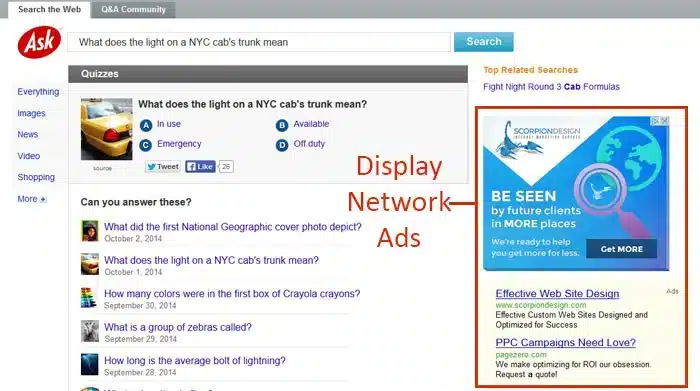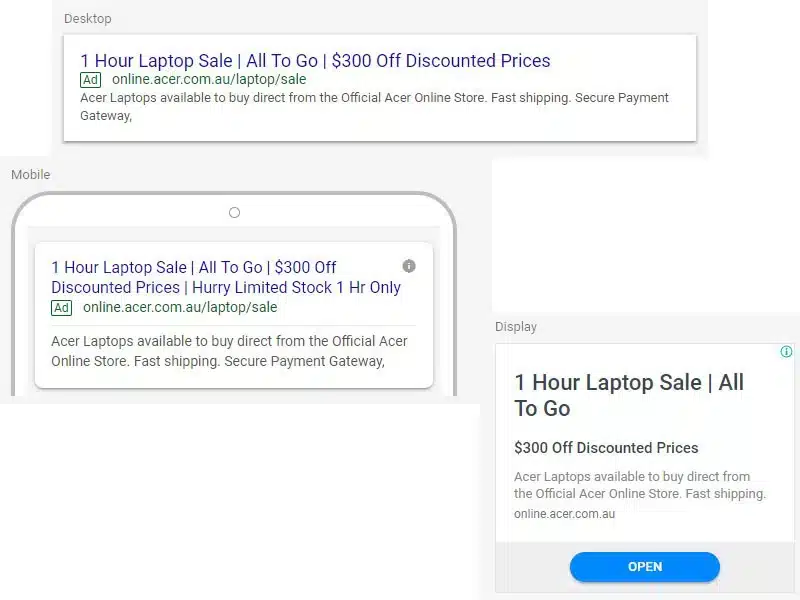Australians are talking to their devices more than ever before. With the rise of virtual assistants like Siri and Google Assistant, voice search queries are becoming increasingly popular. But what exactly is voice search, and why should you care about it for your website?
What is voice search and why is it important?
Voice search allows users to interact with search engines and virtual assistants using spoken language. Instead of typing keywords, they simply ask a question out loud. This technology is becoming more sophisticated, making it a convenient and natural way to find information on the go.
The popularity of voice search is undeniable. Studies show that a significant portion of Australians now use voice search on their smartphones and smart speakers. This trend is only expected to grow in the future, making it crucial for businesses to adapt their online presence.
How do people use voice search differently than text search?
There’s a key difference between how people search with their voice and how they type queries. Text searches tend to be concise, using short keywords or phrases. Voice searches, on the other hand, are more conversational. People ask questions in a natural way, just like they would in a conversation.

For example, someone searching for a restaurant might type “best Italian food near me” into a search bar. But with voice search, they might ask, “Hey Google, what’s the top-rated Italian restaurant close by?”
This conversational style means that websites optimised for voice search queries have a better chance of ranking higher in search results.
Can you give examples of typical voice search queries?
Here are some everyday examples of voice search queries Australians might use:
- “What are the opening hours for [business name]?”
- “What’s the weather like today in [location]?”
- “Find a recipe for a healthy dinner”
- “Who are the best plumbers in [suburb]?”
- “Play the latest news headlines”
These examples highlight the question-based nature of voice search and the focus on local information.
How can optimising for voice search benefit your website?
There are several compelling reasons to optimise your website content for voice search queries. Here are a few key benefits:
- Increased website traffic: By targeting the keywords people use in voice searches, you can attract a wider audience to your website. This can lead to more website visits, leads, and potential customers.
- Improved local SEO: For local businesses, voice search thrives alongside a well-maintained Google My Business listing (a free tool for managing your online presence on Google Search & Maps). Complete info, high-quality photos, and positive reviews on your profile boost your chances of appearing in local searches and voice responses, attracting more customers.
- Reach new audiences: Voice search opens doors to new demographics. People who might not traditionally use text search, like the elderly or those with visual impairments, can easily access information through voice assistants.
- Stay ahead of the curve: Voice search is the future of search engine optimisation (SEO). By optimising your website now, you’ll be well-positioned to take advantage of this growing trend.
In short, optimising voice search queries is an investment in the future of your online presence.
How to optimise your website content

Now that you understand the importance of voice search, how do you actually optimise your website for it? Here are some practical steps you can take:
- Focus on long-tail keywords: As mentioned earlier, voice search queries tend to be longer and more specific than traditional text searches. Include long-tail keywords that answer the kinds of questions people might ask about your products or services.
- Write in a conversational tone: Imagine you’re having a conversation with a friend. Use natural language, complete sentences, and answer potential questions directly in your content.
- Structure your content with questions in mind: Think about the questions your target audience might ask about your industry and incorporate those questions and answers naturally throughout your website.
- Optimise for mobile devices: Since a large portion of voice searches happen on smartphones, ensure your website is mobile-friendly and loads quickly.
- Include local information: If you have a brick-and-mortar business, make sure your website includes your complete address, phone number, and opening hours. This is especially important for local voice searches.
- Speed up your website: Voice search users expect instant results. Optimise your website for fast loading times to provide a positive user experience.
- Consider schema markup: Schema markup is code that helps search engines understand the information on your website. Implementing schema markup can improve your chances of appearing in rich search results, which are often featured in voice search responses.
The future of voice search and how to stay informed

Here are a few ways to keep your voice search optimisation on point as the technology continues to develop:
- Follow industry blogs and news: Subscribe to reputable SEO blogs and news outlets to keep up-to-date on the latest voice search trends and best practices.
- Use voice search tools: There are various tools available to help you identify long-tail keywords and optimise your content for voice search. Explore some of these tools and see how they can benefit your strategy.
- Monitor your voice search performance: Once you’ve implemented voice search optimisation techniques, track your website’s performance. Tools like Google Search Console can provide valuable insights into how your website is performing in voice searches.
- Experiment and adapt: Don’t be afraid to experiment with different voice search optimisation techniques. As technology continues to develop, what works today might need adjustments tomorrow.
By staying informed and adapting your strategy, you can ensure your website remains optimised for voice search queries no matter what the future holds.
Conclusion
The way people search for information is evolving. By optimising your website content for voice search queries, you can ensure your business stays visible in this new era of search. By following the tips outlined above, you’ll be well on your way to attracting new audiences, increasing website traffic, and staying ahead of the curve. Remember, voice search is here to stay, and businesses that embrace this technology will be the ones that thrive in the future.
But where do you start? Nifty Marketing Australia is here to help. Our team of SEO specialists can guide you through the process of optimising your website content for voice search. We’ll help you identify relevant keywords, craft compelling content, and ensure your website is technically sound for optimal voice search performance.
Don’t miss out on this exciting opportunity! Contact us today for a free consultation and learn how we can help you take advantage of the voice search revolution.








